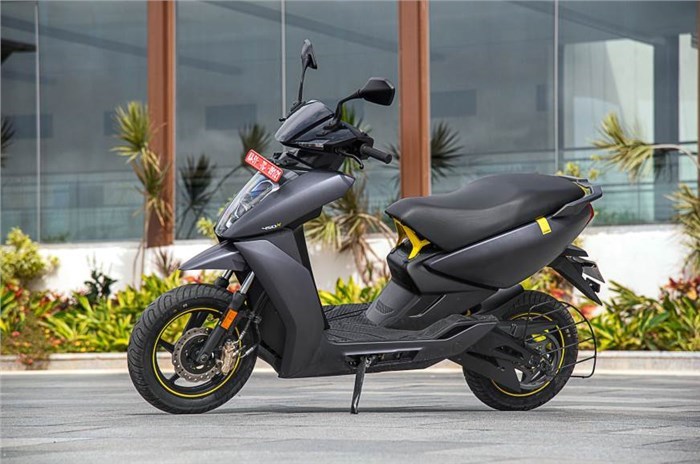
Ather Energy Faces Funding Hurdles Reassessing Growth Plans in the Competitive EV Market In a surprising turn of events, Ather Energy, one of India’s prominent electric vehicle (EV) manufacturers, has decided to abandon its ambitious plan to raise $250 million in funding. The company’s decision comes as a result of funding challenges and a slower-than-anticipated growth in EV sales. This unexpected move has significant implications for Ather Energy, which was on the verge of becoming a unicorn in the EV sector with a potential valuation of $1.3 billion.
Ather’s Initial Aspirations:
Initially, Ather Energy set its sights on securing a massive $250 million investment that would have valued the company at $1.3 billion. This impressive valuation would have solidified Ather’s position as a major player in the competitive Indian EV market. However, this aspiration has hit a roadblock due to several challenges faced by the company.
The Funding Challenges:
Raising $250 million is no small feat, even for a promising EV manufacturer like Ather Energy. The challenges in securing such a substantial amount include a complex investment landscape, market uncertainties, and evolving investor sentiment. These factors have made it increasingly difficult for Ather to attract the necessary funding.
Slow Growth in EV Sales:
Another critical factor influencing Ather’s decision to step back from its funding plans is the slower-than-expected growth in EV sales. While the electric vehicle market in India has shown promise, achieving rapid scale and widespread adoption has proven to be more challenging than anticipated. This slower growth trajectory has not only affected Ather but has also been observed across the entire EV industry in the country.
Reassessing Strategies:
In light of these challenges, Ather Energy is now looking to recalibrate its strategies. Rather than pursuing the originally planned $250 million investment, the company may opt for a smaller funding round from its existing investors through a rights issue. This approach could potentially help Ather secure the necessary capital without the complexities and uncertainties associated with large-scale fundraising.
Increasing Founder Ownership:
One possible consequence of this new funding approach is the potential for Ather’s founders to increase their ownership stake in the company. Currently, the founders hold a 12.5% stake, but with a rights issue, they may be able to gain a more substantial share, providing them with greater control over the company’s future direction.
Ather’s Funding Journey So Far:
Prior to the decision to abandon the $250 million funding plan, Ather Energy had been making significant progress in attracting investments. The company had recently secured $50 million in funding from Caladium, which had brought its estimated valuation to approximately $700-800 million. Ather’s total funding had exceeded an impressive $340 million.
Ather Energy’s decision to step back from its ambitious fundraising plan reflects the challenges faced by companies in the dynamic and competitive EV sector. While the company had set its sights on reaching unicorn status with a $1.3 billion valuation, it is now taking a more measured approach to secure the necessary capital for its growth. In doing so, Ather Energy is adapting to the realities of the EV market, which is still navigating its way toward widespread adoption. The company’s ability to pivot and reassess its strategies will play a crucial role in its future success in the Indian EV industry.

